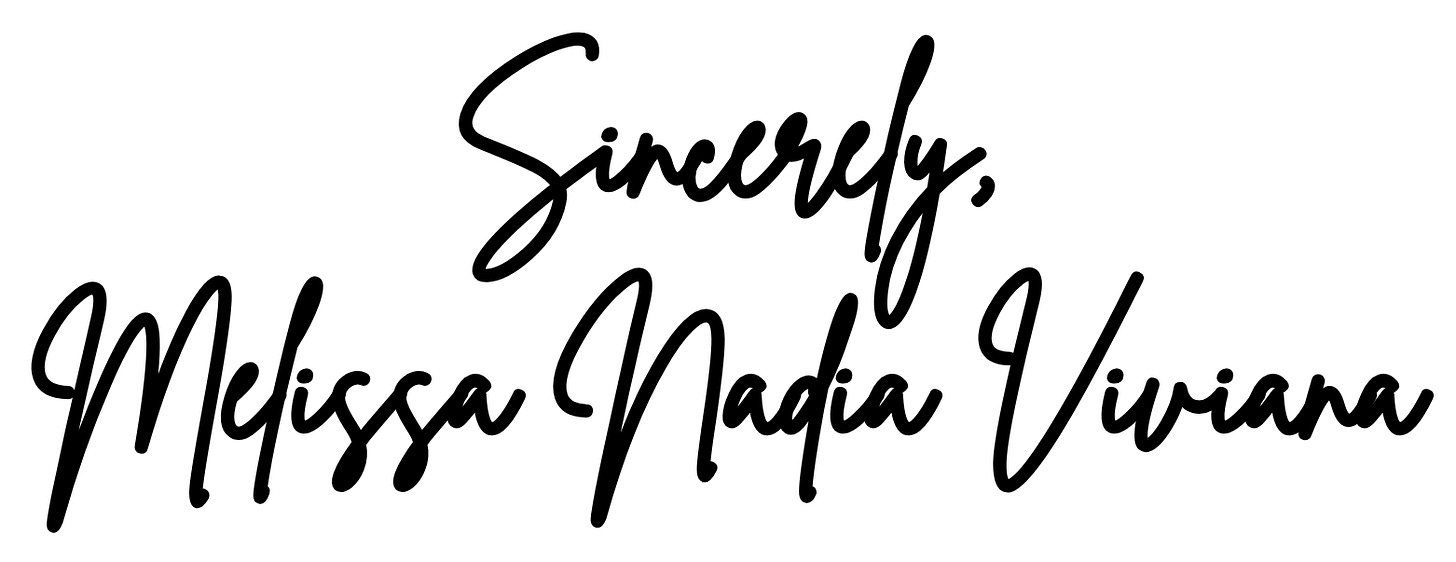A Re-Evaluation of Values: Where The Beat Philosopher Community Goes From Here
A Digress Into Nietzsche… Athena’s Death, And The Counterculture To Propaganda
The Beat Philosopher is a reader-supported publication by Melissa Nadia Viviana; Author, Activist, Existentialist, & Philosopher.
To receive new essays exploring the current problems of our world through a philosophical lens consider becoming a free or paid member.
Friedrich Nietzsche’s book A Will To Power was initially called “The Re-Evaluation of All Values.”
(Or Transvaluation of All Values).
I love that title. Even though he never completed this book.
He went mentally insane before he could finish it. His sister published it after he was dead, with forged chapters that supported her own warped worldview.
His sister––Elisabeth Förster-Nietzsche––who couldn’t read his work without getting a tutor to help her––was a committed Christian & raging anti-semite (many German intellectuals were at the time). But her ideological leanings were so deep that she and her husband moved to Paraguay to start an Aryan race colony.
It failed and her husband committed suicide. She left four years later and returned to Germany.
During this time, Nietzsche wrote many works that bluntly rejected German culture, anti-semitism, and Christianity.
He renounced his Prussian citizenship and spent years traveling to Italy, France, and Switzerland.
I suspect that a part of what drove these writings was Nietzsche’s bitterness over his mother, sister, and friends (including Richard Wagner). All of whom shared a distorted German ideology he didn’t relate to, or approve of.
Nietzsche didn’t have very good health during his lifetime. This is one of the reasons he traveled in search of fresh air and solitude. It’s also thought to be the reason for his aphoristic, short-form style––in which he does very little editing.
As someone who had migraines a couple of weeks ago, I now fully empathize with how chronic headaches might have impeded his ability to edit his work into a cohesive ideology.
But it could have also just been his own relationship to the free spirit within him.
He enjoyed following his intuition wherever it took him. Even when this made a lot of his ideas self-negating or self-conflicting.
Because of this, the more you read Nietzsche, the less you might feel you understand him––as you follow his disorganized and difficult-to-abstract ideas.
One way I know someone has never read Nietzsche is by the certainty with which they pronounce a single Nietzschean idea…
(Continue reading on my new website!)
All Rights Reserved © 2025 Elephant Grass Press, LLC








What a compelling and inspiring essay! Thank you.
This rings true:
"Propaganda is only successful because there are people who want to know the truth without bothering to think about it.
It’s a form of laziness to accept information or ideology without questioning the meaning or the sources that they come from."
Definitely Förster-Nietzsche + Hitler: https://blog.klassik-stiftung.de/das-netzwerk-elisabeth-foerster-nietzsches/